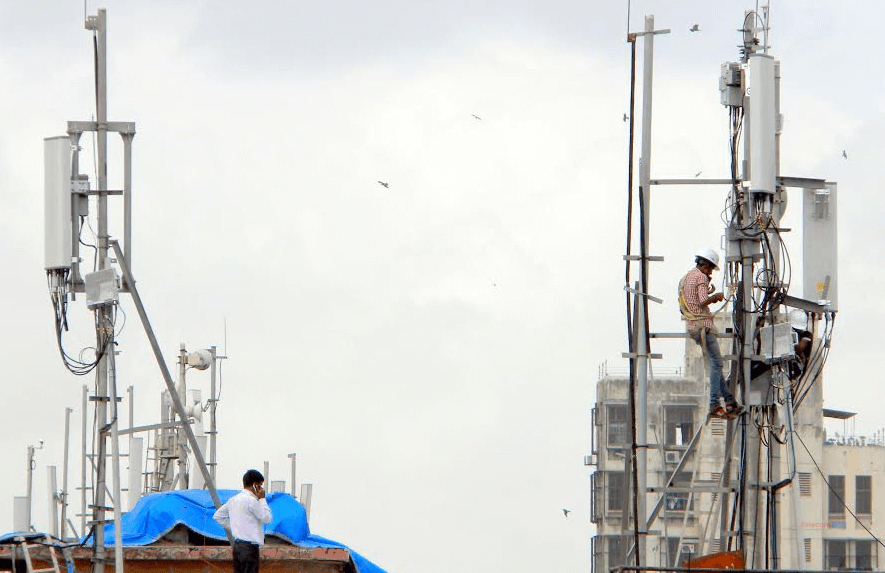The spectrum auctions are most likely to take place in the first half of 2016 and industry experts say that this time the auctions will once again create history, by even surpassing the record Rs 1.1 trillion ($ 17.6 billion), which the Indian government fetched through the airwaves auctions in March this year. The Telecom Regulatory Authority of India (Trai) had released the consultation paper on November 26 on valuation and reserve price of spectrum in 700, 800, 900, 1800, 2100, 2300 and 2500 MHz bands and it sought written comments by December 21 and counter comments by December 28.

A glimpse at the comments submitted by the telcos show that they want a delay in the auctions of 700 Mhz band and if put for sale it could see a lukewarm response. Citing the example of 2300 Mhz, country’s top operator Bharti Airtel has said that the sale of 2300 Mhz band ahead of its time had resulted in delay in the network rollout by nearly five years and has also resulted in blocking of enormous quantum of funds.
“Had these funds been directed towards the acquisition of the spectrum in other mature bands, it would have helped the operators to contribute more in the expansion of mobile broadband services,” it added.
The telcos are of the view that the device ecosystem is still not ready for the band and so, at least two years postponement is required for devising business strategies around 700 Mhz band. The 700 Mhz band is actually highly efficient for rural areas and for use in 4G networks. The operators also fear that as 700 Mhz band is too efficient and so, it would be priced at a higher end, which could further put pressure on their already stressed, bottom-lines. As per reports, the price of this particular band is pegged at two times the price of airwaves in the 900 MHz band, which was put at nearly Rs 7,500 crore a unit in March spectrum auctions.
Industry experts say, the delay would give the telcos to create the 4G device ecosystem and simultaneously, the network infrastructure will also develop within that time-frame.The Cellular Operators Association of India (COAI) has also requested the government to provide a roadmap on the auction and allotment of the 700Mhz band.
It said in its submission to TRAI: “Opening of new 700 band will additionally lock a lot of investments in buying the spectrum and this could become a limiting factor in network rollout including expansion of the existing 3G network.”
It also maintained that any untimely auction of spectrum in 700 Mhz may accrue revenue to the government, but the commercial exploitation of such scarce resource for the larger interest of the society may be permanently impaired if the operators are forced to bid for such auction ahead of its commercial viability.
Bharti Airtel has asked Trai to put the auction for 700 Mhz on hold in the absence of enough devices. Even new player Reliance Jio has also urged for the postponement of the airwaves auctions in the particular band.
At the same time, telecom operators such as Telenor and Tata Teleservices have shown their interest in 700 Mhz band as they say that the device ecosystem for APT700 Band 28 is developing and 214 devices are already available in this band globally.
TTSL recommends: “Given the under penetration of broadband in India, a minimum block size of 10 Mhz for FDD in 700 Mhz should be auctioned to achieve better efficiency and throughput and ensuring competition. This is the most suitable proposition as the entire spectrum in this band can be put to auction and accommodate seven bidders with equal amount of spectrum.”















